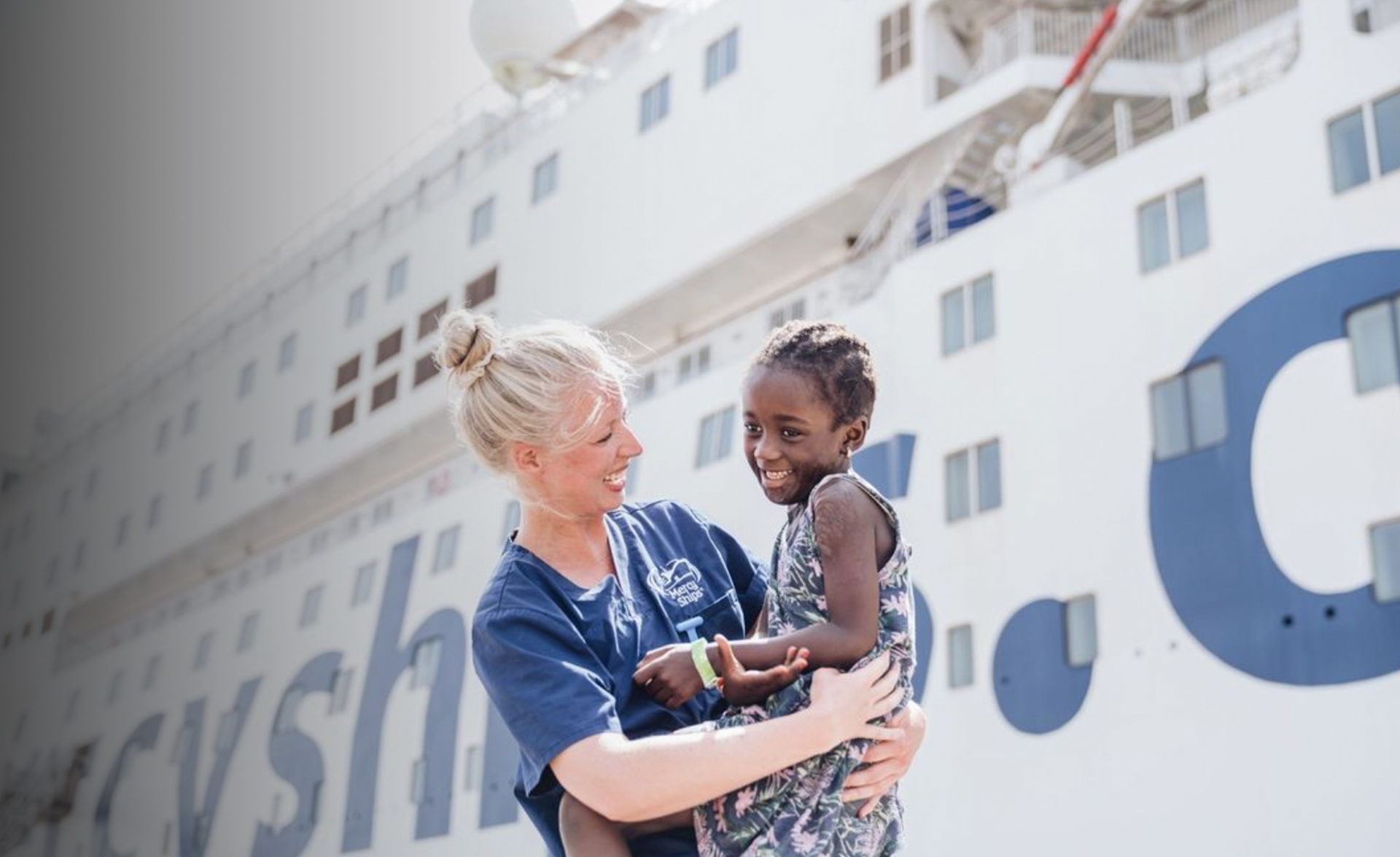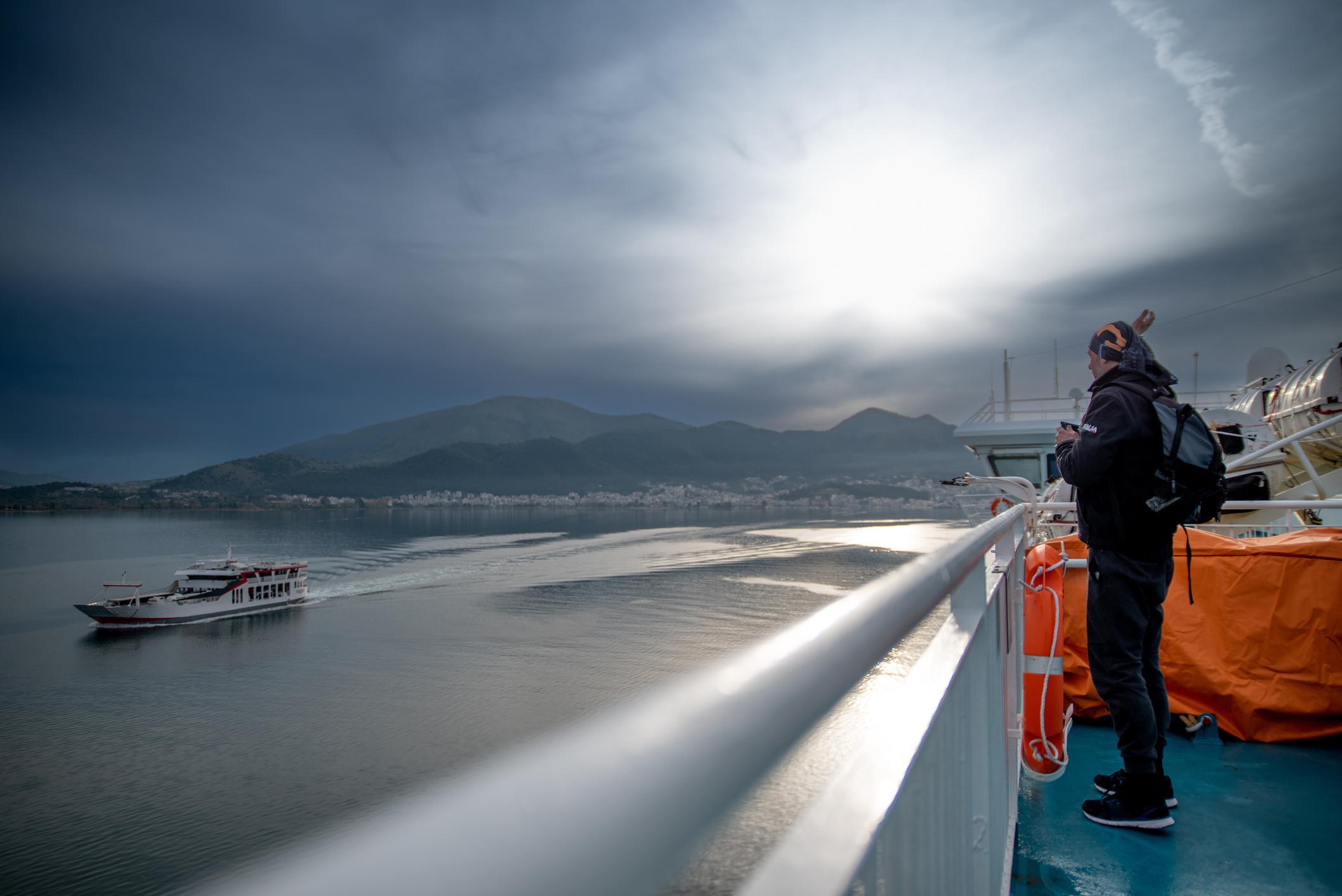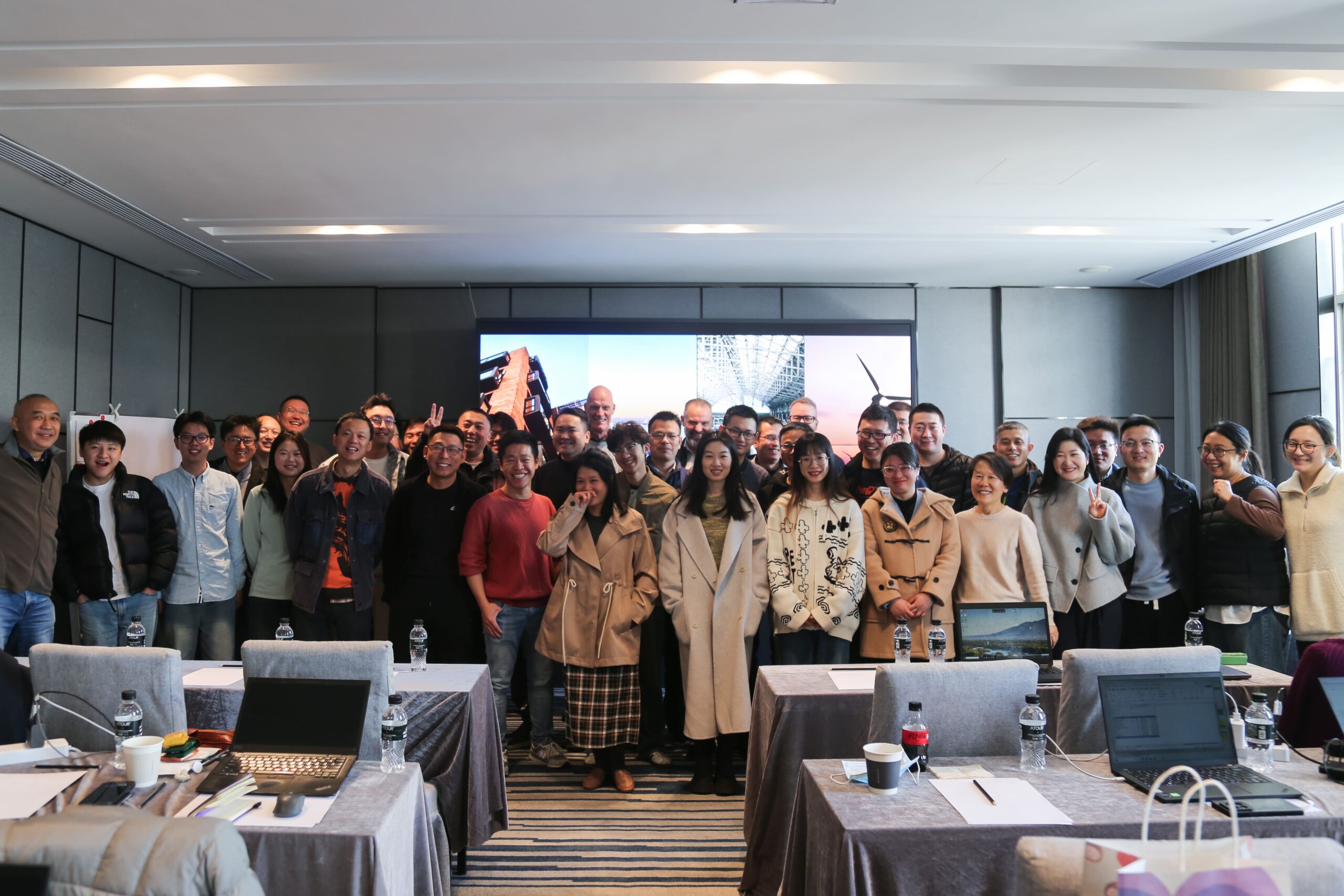Sailing along the West African coast, Global Mercy™ delivers life-saving surgeries to communities with limited access to healthcare. For many, it’s their only hope for treatment.
At first glance, the Global Mercy may seem like just another large ship cutting through the seas. It is 174 meters long — almost the length of two football fields — with 12 decks and 7,000 square meters of hospital space; this ship is much more. It’s the world’s largest floating hospital.
There are six operating rooms onboard, each stage where life-changing surgery is the day’s performance. It’s as if someone plucked a fully functioning hospital out of a city and set it adrift on the ocean.
And yet, far from being isolated, this ship is deeply connected—to the people it helps, the local doctors it trains, and the sense of possibility that follows in its wake.
It sails through the waters of West Africa, offering what many cannot find on land: access to surgical care.
At the heart of Global Mercy is a team of dedicated people who make this mission possible. One is Jim Paterson, who is incredibly humble about his role.
When I emailed him about covering the story, he responded: “My contribution would be fairly small.”
But after nearly four decades of service, including eight overseeing the construction of this ship, Jim plays a crucial role in keeping this mission afloat.
Looking back on his early days with Mercy Ships, Jim recalls working as a marine engineer while his wife worked as a teacher. Their two children came along, and soon, they had a third, taking a few months at home for the birth before returning to ship with their newborn.
“It was a great environment for kids to grow up in”, Jim says. “They saw the world—the so-called developed and the underdeveloped. They saw people who had absolutely nothing. It was a good educational experience for them”.
The family had initially committed to two years, but as Jim puts it, “When the two years were almost up, we knew we needed to stay a little longer”. That “little longer” turned into decades.
Life on board the Global Mercy has always been more than medical work—an entire community at sea, a microcosm, a floating village.
This village comprises around 200 patients and a rotating crew of 640 people, supplemented by more than 200-day workers from the local ports who commute daily.
The ship’s cabins accommodate around 30 families who have lived on board for over two years. Their children—toddlers to teenagers—attend school just a short walk from the operating rooms. Their laughter blends with the grateful African songs of those who have received life-saving surgeries.
The ship is currently docked in Sierra Leone’s Freetown, where it will remain for up to ten months at a time—just as it does at each destination—allowing the hospital to function and immerse itself fully in the local community.
The Global Mercy and her sister ship, Africa Mercy, have docked in countries such as Liberia, Benin, Togo, South Africa, Guinea, the Republic of Congo, Madagascar, Cameroon, and Senegal, providing care to patients from neighbouring Gambia.
“When we dock, we bring a day crew of more than 200 local hires. They function in different departments. Some work in housekeeping, others on deck or in the engine room. And some directly in the hospital, often serving as translators, though roles depend on their skill level,” Jim explains and continues:
“During field services, the galley prepares three meals daily for crew and patients – so that’s upwards of about 3000 meals each day”.
Talking about the galley, Jim mentions that it’s one of the most dangerous places in terms of fire risk.
“The galley’s smoke and heat detection systems are critical to ensure everybody’s safety,” he states.
Since 2015, Consilium Safety Group has partnered with Mercy Ships, donating and maintaining fire and gas safety systems to protect the people on board.
“Whether it’s the galley or the engine room, every corner is covered by smoke or heat detectors, all monitored 24/7”, Jim explains.
“We can immediately detect potential fires. If there’s an anomaly, an alarm is triggered, and it quickly identifies the exact location so we can check whether it’s a real fire or just something like burnt toast”.
The detectors are smart enough to adjust for environmental factors like dust, reducing the number of false alarms.
“It’s an excellent system, and we’re fortunate that we’ve never had a real fire,” Jim says. “We’re grateful to Consilium for their support over the years, and I look forward to continuing this partnership for many more”, he adds.
Beyond safety, Jim Paterson also deeply cares about the volunteers. His voice lights up as he shifts to the topic.
“It’s incredible how many people choose to give their time.”
Around 2,500 people from over 60 nations volunteer with Mercy Ships each year, stepping out of their everyday lives to help others.
“In the beginning, I thought, ‘I’m an engineer—how can I help make a difference in these unfortunate people’s lives?’ But when you join a team like Mercy Ships, it’s a great opportunity to use whatever skill you have, whether you’re a marine engineer, a writer, or a doctor. Together, we can all make a big difference in these people’s lives”, Jim says.
His passion makes me pause and consider what it would be like to volunteer myself—perhaps with my daughter next summer during my vacation.
Kevin So, a California nurse, recently volunteered aboard Global Mercy with his wife, Sarah, for three months. He previously worked in the Cardiothoracic ICU at an academic hospital in California and the adult and pediatric emergency departments.
He specialises in maxillofacial, plastic reconstructive, and orthopaedic surgeries. His involvement extends to his patients’ post-surgery recovery, ensuring they receive proper wound care, nutrition monitoring, and pain management.
As he walks side-by-side with his patients, Kevin is moved by the resilience of the people he treats.
“I’m humbled by their experience—by their trust in us. “Often, they’ve been waiting for many months or years to receive care that is unaffordable, inaccessible, or unavailable in their countries.”
Many of them have waited years to get the care they need,” Kevin reflects. “The fact that we can make such a difference with what we know is truly meaningful.”
Mercy Ships provides surgical care to those in need, but its mission goes beyond that. The organisation reshapes healthcare through education and training. Kevin is one of many volunteers making this vision a reality.
“It’s really special to work with people from all over the world,” Kevin says. “You learn so much from other cultures—especially in nursing, where the perspective can differ.”
In 2019, Consilium introduced its volunteer program with Mercy Ships. The employees take a month off work, with their full salary paid by Consilium, to volunteer.
Among those volunteers is Doris Si, project engineer at Consilium Safety Group in Shanghai. She will soon join the team aboard the Global Mercy.
Inspired by her father’s dedication to helping others, she jumped at the opportunity. Her desire to help grew after experiencing the COVID-19 lockdown.
“We were stuck at home, short of food, and people couldn’t get to hospitals,” Doris recalls. “It made me realise how important it is to help those in need.”
Now, she’s looking forward to learning more about Africa and the people she’ll meet on board.
“I want to know more about the diverse cultures of the volunteers,” she says, hoping to teach some of her skills, like pastry-making, while she works in the ship’s dining room.
Doris is proud of her role in the partnership between Consilium and Mercy Ships. “Our Shanghai office provided the safety systems for Global Mercy,” she says. “I’ll keep a close eye on the fire safety systems while on board,” Doris adds with a smile.
Talk safety with us
There are thousands of questions regarding safety. But there are also thousands of answers. Talk safety with us – we are ready when you are.



